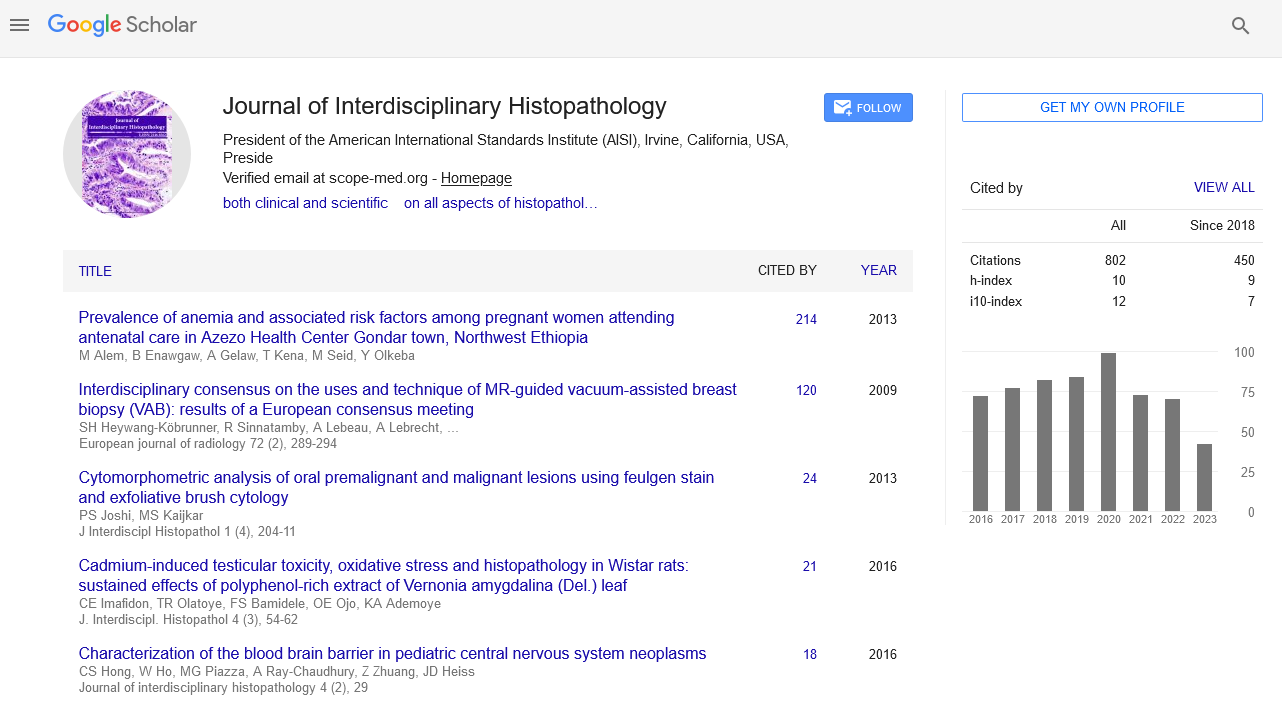Immunoprofi les of adult renal epithelial tumors: Immunohistochemistry is still essential for diagnosis of renal tumors (a comprehensive update)
Abstract
Ayhan Ozcan
Renal cell carcinoma (RCC) is the third most common cancer of the genitourinary tract and accounts for approximately 2-3% of all cancer deaths. The recent classification of renal tumors, The International Society of Urological Pathology Vancouver Classification of Renal Neoplasia, has been proposed new distinct epithelial tumors and provisional new entities. Although most renal tumors are morphologically diagnosed, they need to use a panel of immunomarkers due to their overlapping morphologic features in some cases such as benign mimickers and newly emerged tumor types. Overlapping morphologic features are especially complicated in small biopsies and in distinguishing metastatic RCCs from other tumors. Immunohistochemistry is still more useful in renal tumors than non-renal tumors. A wide panel has been performed in the differential diagnosis of renal tumors. If immunohistochemical results are conflict or unconvincing, a diagnosis of unclassified RCC is appropriate. For accurate diagnosis of RCC, it should be careful in performing immunohistochemistry on needle biopsy due to variable expressions of immunomarkers originated from heterogeneity in RCCs. Morphology is still gold standard, but immunohistochemistry should be kept in mind as a useful and supportive diagnostic tool on morphological features of renal tumors as always.






